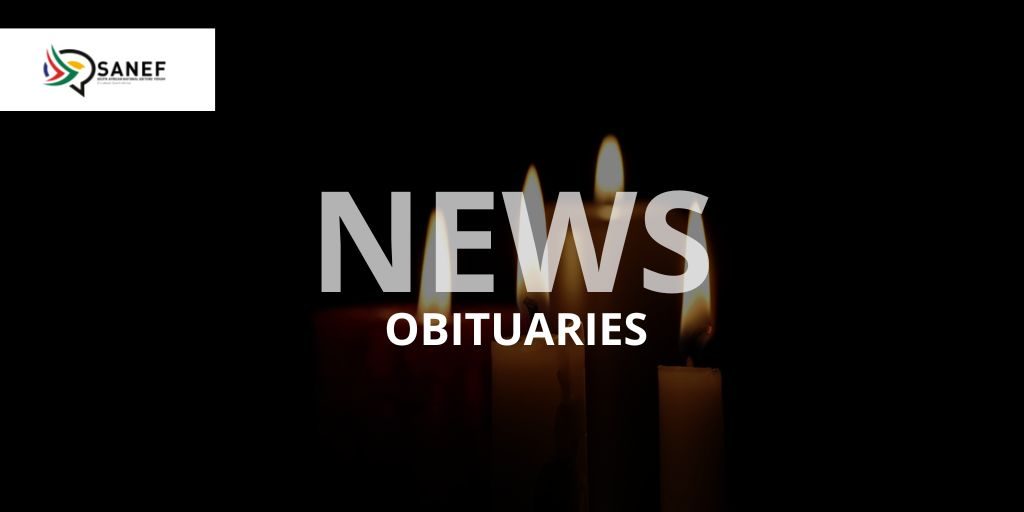Seminar Reflects on Fostering Linguistic Diversity in SA Media
The second Indigenous Languages Seminar, held on August 7, 2024, has marked a crucial reflection on South Africa’s 30 years of democracy and its progress in fostering linguistic diversity, with special emphasis on marginalised indigenous languages.
It was a pivotal event aimed at addressing the pressing issues surrounding the preservation and promotion of South Africa’s indigenous languages within the media landscape.
Organised by the South African National Editors’ Forum (SANEF) in collaboration with key partners, including the Pan South African Language Board (PanSALB) and the United Nations South Africa, the seminar brought together media professionals, academics, and language experts.
With participants including government representatives, media veterans, educators, and young entrepreneurs, the seminar underscored the media’s vital role in promoting indigenous languages and ensuring access to information in mother tongues. It also provided a platform for stakeholders to evaluate the effectiveness of existing initiatives and propose solutions to the challenges faced by indigenous language media in the country.
The seminar sessions featured discussions on the media’s contribution to language preservation, the challenges posed by commercial pressures, the role of artificial intelligence (AI) in language development, and the need for greater collaboration between mainstream and community media. With an eye on fostering an inclusive and equitable society, the event emphasised the need for innovative approaches to support indigenous languages in the digital age.
You can download speeches and presentations below:
- Opening Remarks Chairperson Ms Nwabisa Makunga
- PanSaLB Lance Schultz SPEECH Seminar
- UN remarks_ Indigenous Media Seminar
- MeD8 Media Presentation ILM Seminar
- YLP Majola Presentation
- Prof Vukosi Marivate Presentation
- SAASTA Presentation Indigenous Language Seminar
- Indigenous Languages Seminar 2024 Report
The UN Educational, Scientific and Cultural Organisation (UNESCO), estimates that 43% of the world’s approximately 6,000 languages are in danger of extinction. We need to take immediate action to preserve and promote indigenous languages. I am delighted to note that the United Nations remains a leading voice in this fight.
The Declaration on the Rights of Indigenous Peoples, which the UN adopted in 2007, acknowledges the rights of indigenous peoples to their languages, traditions, and education. The declaration addresses the right to preserve, utilise, develop, and transmit languages to future generations.
Additionally, the UN has designated specific years and decades as priority areas for indigenous languages. The International Year of Indigenous Languages of 2019 was the most significant. It addressed the dire state of indigenous languages and aimed to motivate immediate action to preserve, revitalise, and promote them. The UN has reaffirmed its dedication to this cause by establishing the International Decade of Indigenous Languages from 2022 to 2032.
When it comes to preserving languages from extinction, UNESCO is in the vanguard.
The UN initiatives have greatly influenced and inspired numerous countries and global movements to preserve indigenous languages and for governments to enact laws and policies that safeguard indigenous languages. Among others, these include the US, Canada, and New Zealand. Here in South Africa, the Protection, Promotion, Development and Management of Indigenous Knowledge Act of 2019 acknowledges indigenous laws and knowledge.
One crucial area where our efforts are most clearly seen is education. Several countries have instituted culturally relevant curricula, bilingual education programmes, and schools that immerse students in indigenous languages. These programmes positively impact the cultural pride, academic achievement, and language preservation of indigenous children.
The UN work has also led to growth of community-driven initiatives as these typically achieve the most significant and long-lasting outcomes. To guarantee the survival of their languages, indigenous communities are developing digital resources, including language applications and online dictionaries.
The UN consistently advocate for the collaboration and sharing of successful strategies among indigenous groups and countries worldwide. We convene numerous conferences, seminars, and cultural exchanges to facilitate the exchange of ideas, information, and innovative solutions.
The contemporary digital era presents unparalleled opportunities to preserve languages. Through mobile applications, social media, and digital platforms, language acquisition can be accessible to a broad audience. However, indigenous groups should be involved in the design and governance of these technologies in order to maintain cultural integrity.
Revitalising a language necessitates a continuous commitment and focus. Achieving long-term change requires more than just finance or programmes with a short timeline. Although the UN’s programmes have been inspiring for the past decade, their success is contingent upon the continued investment of time and resources by all parties involved.
While the UN has played a crucial role in bringing attention to the issue of indigenous languages, we still have a long way to go. The lessons learnt underscore the significance of respect, comprehensive approaches, policy support, technical advancement, and dedication in the long term. Moving ahead, we must stay committed to preserving indigenous languages and the cultural richness they embody by leveraging these lessons and working together.
ENDS





